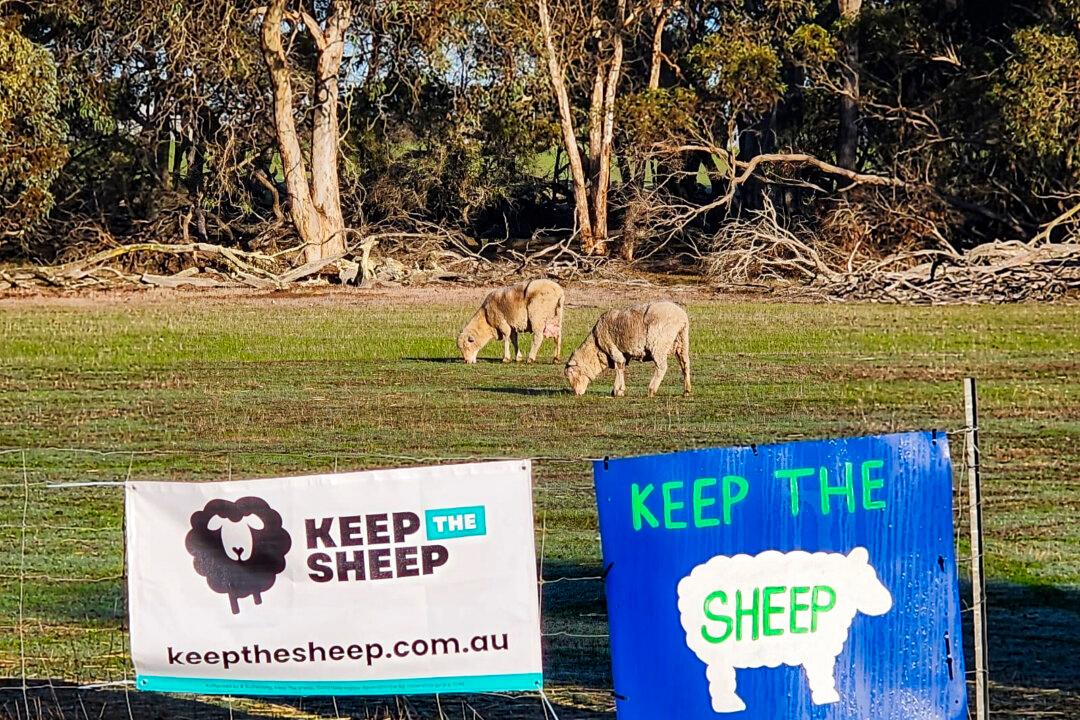Popularity for the Keep the Sheep activist group continues to grow, says the movement’s spokesman Paul Brown.
Brown’s industry is on the brink after the Albanese Labor government passed legislation to ban the live sheep export trade from May 2028.

Popularity for the Keep the Sheep activist group continues to grow, says the movement’s spokesman Paul Brown.
Brown’s industry is on the brink after the Albanese Labor government passed legislation to ban the live sheep export trade from May 2028.